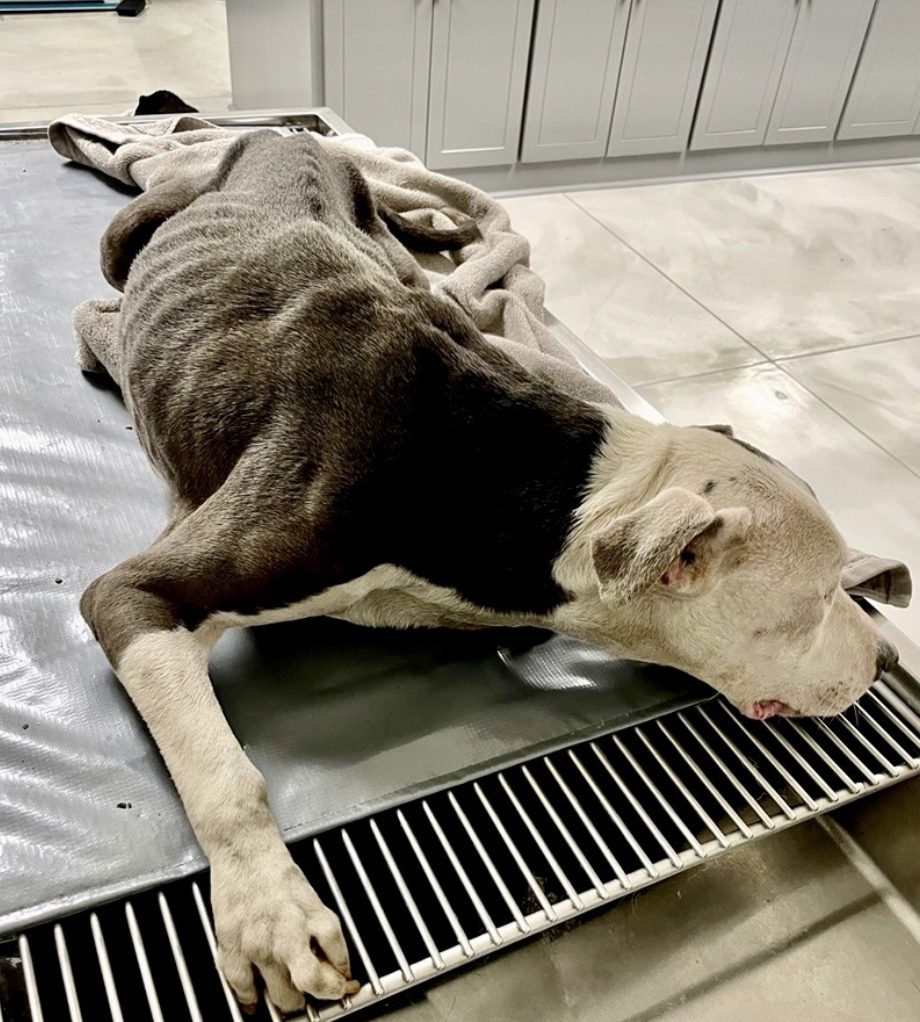
Children cannot currently be prosecuted over animal abuse, but a bill filed by State Senator Hill could require them to be evaluated.
UPDATE: The bill has been passed in the Senate and now heads to the House. The bill was referred to the House Judiciary B committee and must be moved out of committee by March 1.
People convicted on aggressive charges often admit to animal abuse in their childhood.
According to Discover, 25 percent of aggressive individuals already incarcerated had committed multiple acts of animal abuse as children. Furthermore, 45 percent of school shooters have histories of alleged animal cruelty and 21 percent of serial murderers have admitted to childhood animal abuse.
In 2020, the Mississippi Legislature was successful in passing added measures pertaining to animal cruelty, amending the Mississippi Dog and Cat Protection Law of 2011. The bill, SB 2658, revised the law to increase the penalties for individuals convicted of aggravated cruelty against domesticated dogs and cats.
The bill’s author, State Senator Angela Hill, is once again trying to strengthen that protection law with a bill this session that would pertain to minors.
The 2020 bill only held adults over 18 accountable for abuse with a felony first offense for any torturous abuse of a domesticated dog or cat. This could include a fine of $5,000 or up to three years in prison. A second offense comes with a fine of $10,000 with no less than one year in prison and a maximum of ten.

Abuse in Mississippi towards these animals is separated into simply cruelty, which is defined with the intention to wound, deprive of adequate shelter, food or water, carry or confine in a cruel manner and aggravated cruelty which consists of a person who has intention to torture, mutilate, maim, burn, starve to death, crush, disfigure, drown, suffocate or impale a domesticated dog or cat.
This year, Hill has submitted “Buddy’s Law,” SB 2261. This piece of legislation would require psychiatric evaluations for any children adjudicated delinquent who has abused a domesticated cat or dog. Currently, children cannot be charged or evaluated in any way for crimes against these animals.
Senator Hill said the bill came about after a Labrador retriever mix named Buddy was set on fire by a minor in the spring of 2021.
The crime took place in Tate County where the dog was found with extensive burns on his face and an extension cord around his neck. After an investigation, the authorities found a 12-year-old to be responsible for the incident. However, because of the child’s young age, authorities could not prosecute.
In order to heal, Buddy required two skin grafts in April and will always require artificial tears put in his eyes because his eyelids and tear ducts were so badly damaged by the fire.
Since the incident, Buddy has been nursed back to health by the Tunica Humane Society under the supervision of Mississippi State University’s Dr. Elizabeth Swanson, according to a Facebook post.

A petition was started by a Georgia woman, Sheri Webb, to get justice for Buddy and demand consequences for the 12-year-old. The petition has over 207,000 signatures.
Senator Hill said after this case was made public, she was contacted by multiple individuals calling for some sort of recourse for children who commit these crimes.
Hill said this type of abuse on animals is often the result of other issues a child is dealing with, and the requirement of a psychiatric evaluation could lead to help for those children which would also prevent continued abuse or potential abuse toward humans by that individual.
Under the legislation, if a child was then assessed and found to need treatment, that child’s caregivers would be responsible for providing the treatment.
“If the child is a ward of the state, the state will pay for treatment as they would any other medical needs. If the child is at home with parents, they will be required to comply,” said Hill.
If the child was found in need of treatment and the parents do not comply, they could be held in contempt of court.
Senator Hill said she has spoken with multiple youth court judges who recommended this course of action.
“The youth court judges I spoke with have seen an increase in this type of case among children,” said Hill.
According to the National Sheriff’s Association, a recent study shows that animal abuse is characteristic in the developmental histories of one in four and two in three adult violent offenders. They also reported that children who abuse animals are three to five times more likely to have been abused themselves or to have witnessed domestic abuse.
Senator Hill says passing this bill could change outcomes not only for the abused animals, but for the children who abuse them as it would provide a means to get them the help they need.
“The only thing you can truly do is get someone treatment. If they’re doing this type of thing, they’re clearly disturbed,” said Hill.
The bill is currently assigned to the Senate Judiciary B Committee and faces a Tuesday deadline. If it is not moved through committee by then, the bill will die.











